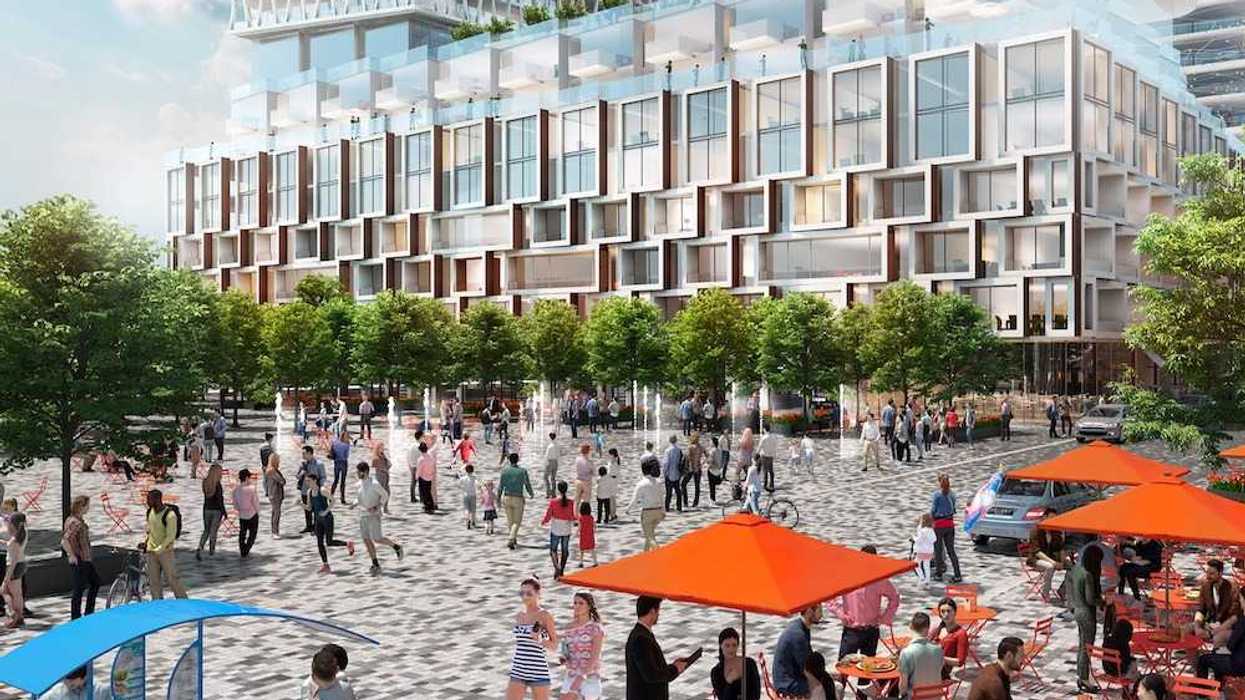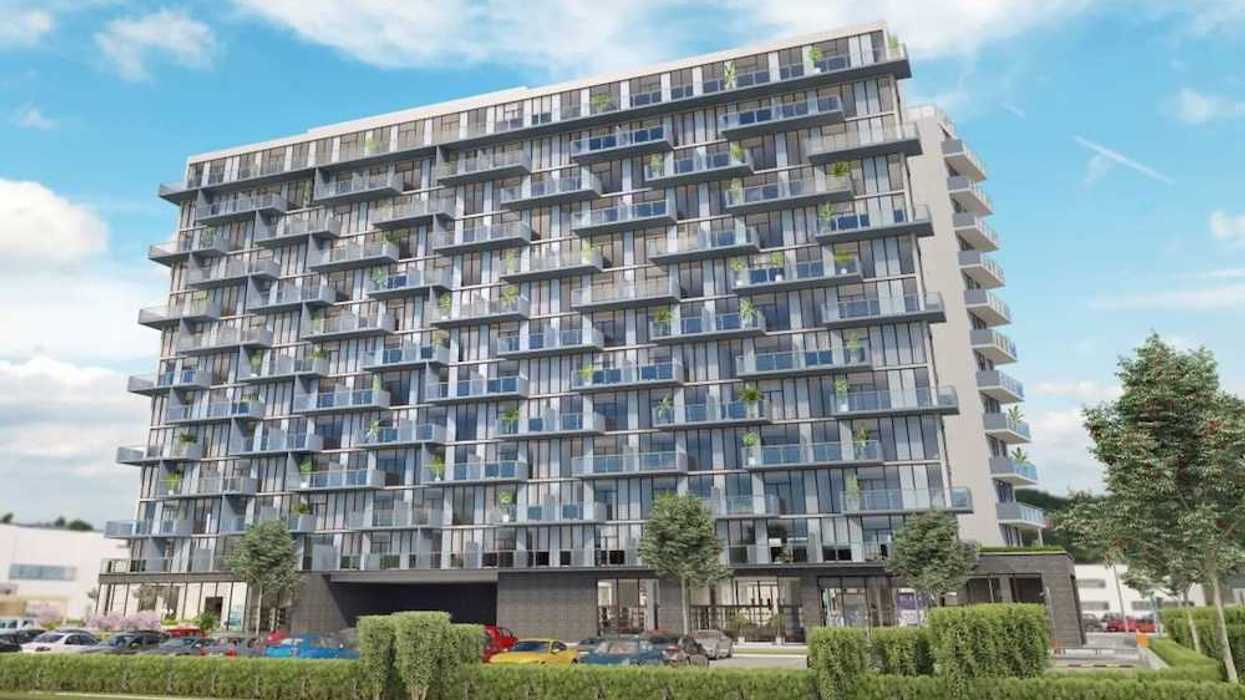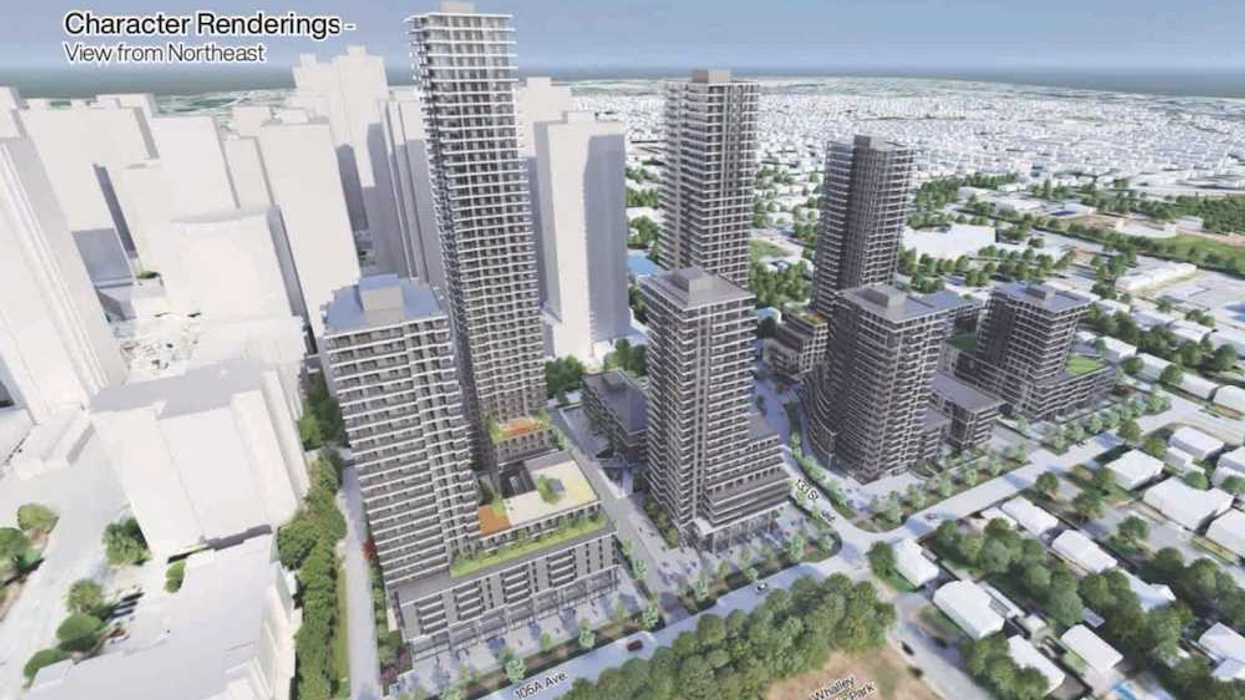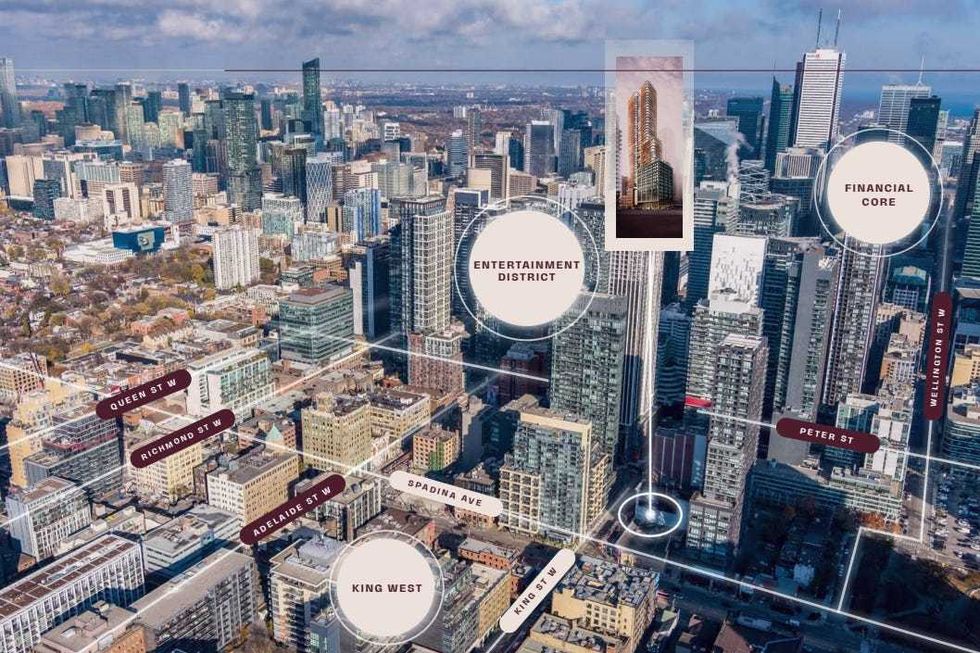Landlord Responsibilities
Explore landlord responsibilities in Canadian rental housing - what landlords must legally provide and how to stay compliant with tenancy law.

June 06, 2025
What are Landlord Responsibilities?
Landlord responsibilities refer to the legal and practical obligations a property owner has toward tenants under provincial residential tenancy laws.
Why Landlord Responsibilities Matter in Real Estate
In Canadian rental housing, landlords must meet specific legal standards to maintain the unit, respect tenant rights, and comply with housing codes.
Core landlord responsibilities include:
- Maintaining a safe, habitable unit
- Complying with rent control and notice laws
- Responding to repairs in a timely manner
- Providing legal notice for entry or eviction
- Respecting privacy and lease agreements
Provincial legislation such as Ontario’s Residential Tenancies Act or British Columbia’s Residential Tenancy Act governs these duties.
Understanding landlord responsibilities protects both the property owner and tenant, and reduces the risk of legal disputes or tribunal complaints.
Example of Landlord Responsibilities in Action
A landlord replaces a broken furnace within 48 hours after a tenant request to remain compliant with local housing standards.
Key Takeaways
- Defined by provincial tenancy laws
- Includes safety, repairs, and fair treatment
- Violations may result in fines or tribunals
- Applies to long- and short-term rentals
- Promotes fair housing and conflict prevention
Related Terms
- Lease Agreement
- Residential Tenancies Act
- Tenant Rights
- Eviction
- Property Maintenance


 205 Queen Street, Brampton/Hazelview
205 Queen Street, Brampton/Hazelview







 CREA
CREA
 Liam Gill is a lawyer and tech entrepreneur who consults with Torontonians looking to convert under-densified properties. (More Neighbours Toronto)
Liam Gill is a lawyer and tech entrepreneur who consults with Torontonians looking to convert under-densified properties. (More Neighbours Toronto)

 401-415 King Street West. (JLL)
401-415 King Street West. (JLL)
 Eric Lombardi at an event for Build Toronto, which is the first municipal project of Build Canada. Lombardi became chair of Build Toronto in September 2025.
Eric Lombardi at an event for Build Toronto, which is the first municipal project of Build Canada. Lombardi became chair of Build Toronto in September 2025.